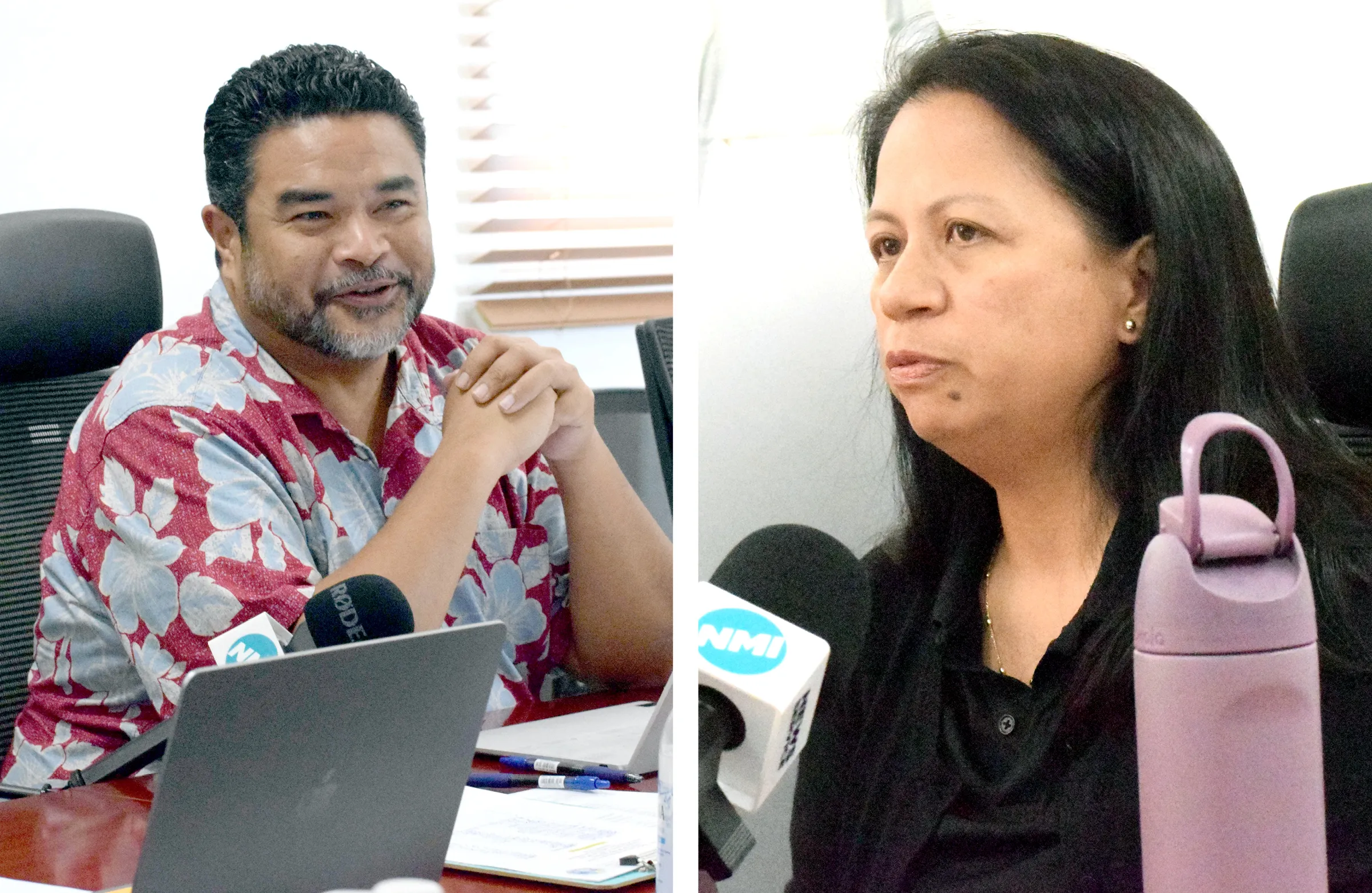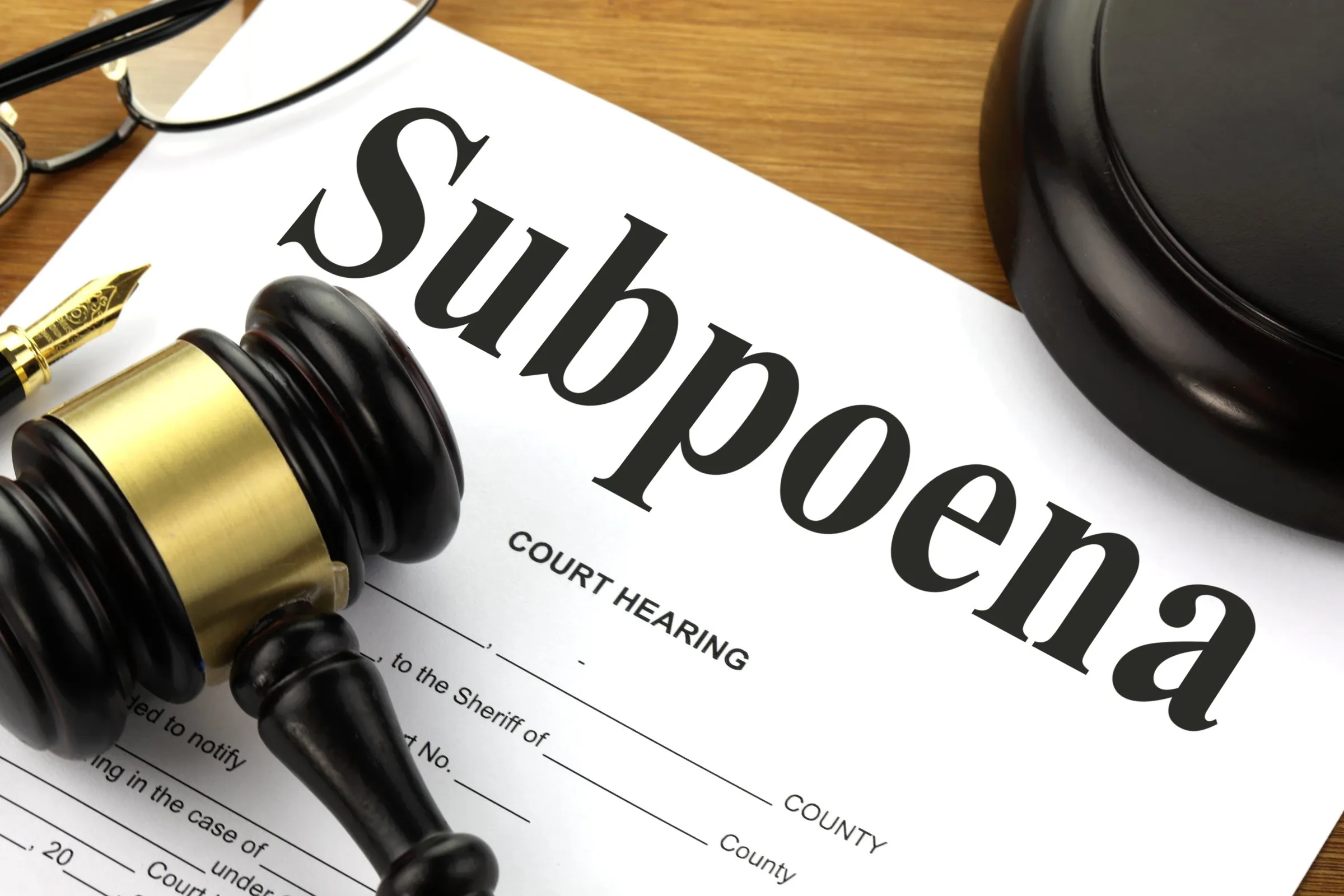For starters
THE governor’s cover letter for his FY 2026 budget submission gives us the impression that there are two sets of CNMI realities: one for this administration, and the other for the rest of us. The administration wants to frame the issue entirely as one of “narratives.” As if the persistently low tourist arrivals and hotel occupancy rates, business closures and/or downsizing, the reduction of work hours and/or layoffs in the private sector, the departure of residents and workers seeking better opportunities elsewhere, and the overall economic uncertainty — as if these were minor details of the “real story,” which is that things are getting better already or will be, soon. (Next year, according to an earlier statement of the governor.)
It’s as if we’re staring at a glass half full — with poison — and the administration is telling us to be grateful it isn’t empty.
Figures
IN his cover letter, the governor claims that his proposed budget is a “firm commitment to a fiscally responsible plan that prioritizes critical public programs and services….”
And yet, medical referrals, once again, will not be funded adequately; PSS is unlikely to get the constitutionally required 25%; CUC will, once again, not be paid in full or on time; redundant and/or nonessential agencies will continue to exist; the CNMI government intends to borrow money, again; and the governor, once again, wants lawmakers to “consider” “revenue generating measures” (i.e. tax hikes) in this bleak economy to “preserv[e] the integrity of our environment and cultural heritage.”
Oh, the things politicians say whenever they want to pick our pockets.
In any case, the likely consequences of this proposed budget for FY 2026 are as “fiscally responsible” as a politician’s campaign promises during an election year. And what do you know? 2026 is an election year.
When a practically broke government gives business advice
WITH tourism arrivals still down, the governor is now calling for a “shift in mindset.” He said despite “numerous promotional campaigns, the lack of measurable returns on investment has revealed repetitive missteps. It is time to break this cycle and adopt a fresh, strategic approach.”
Which makes us wonder. Who has been running the show for the past two years and essentially instructing MVA on what it should or should not do? Who has pointedly ignored the fact-based advice of HANMI, the Saipan Chamber of Commerce, and other tourism industry stakeholders?
In his cover letter, the governor is barking orders at tourism industry stakeholders — as if they were his cabinet members — and telling them how to run their businesses, as if this government were a paragon of efficiency and competence.
In any case, voters, remember this: when they’re running for office, politicians will blame the incumbents; but once they’re in office, they’ll blame “global forces outside our control.”









